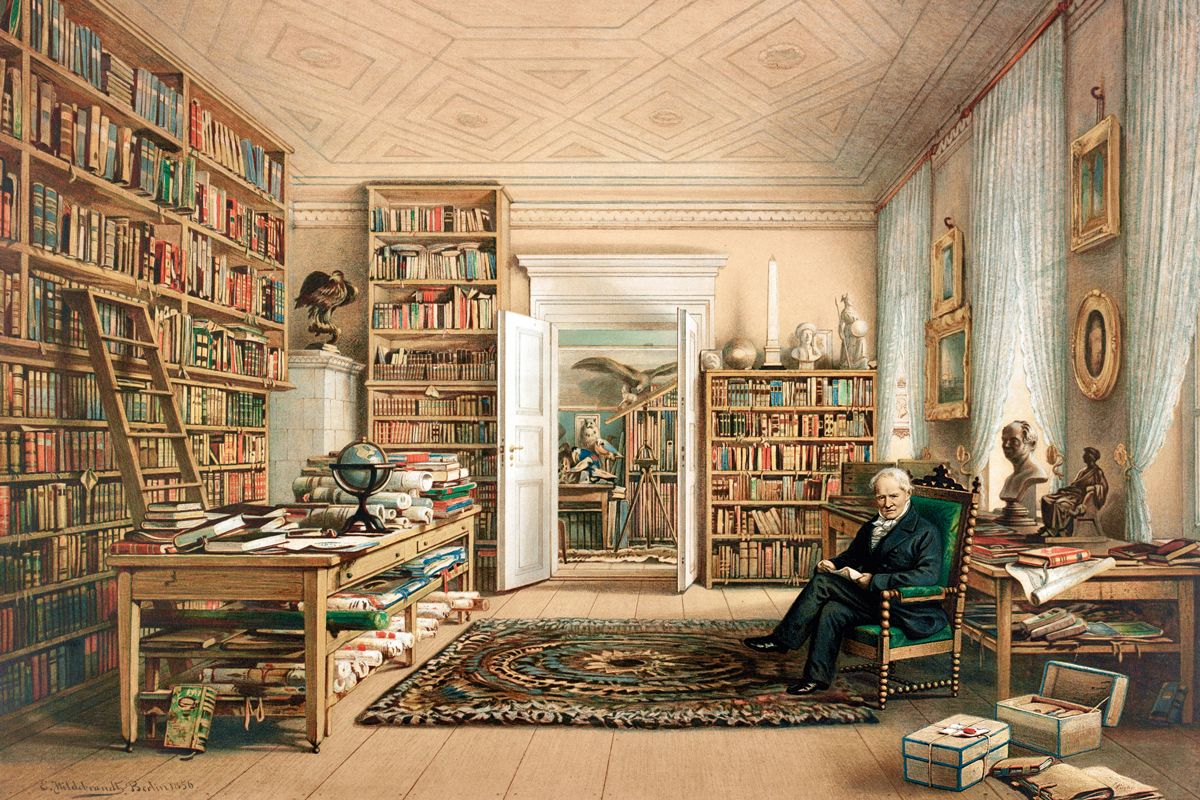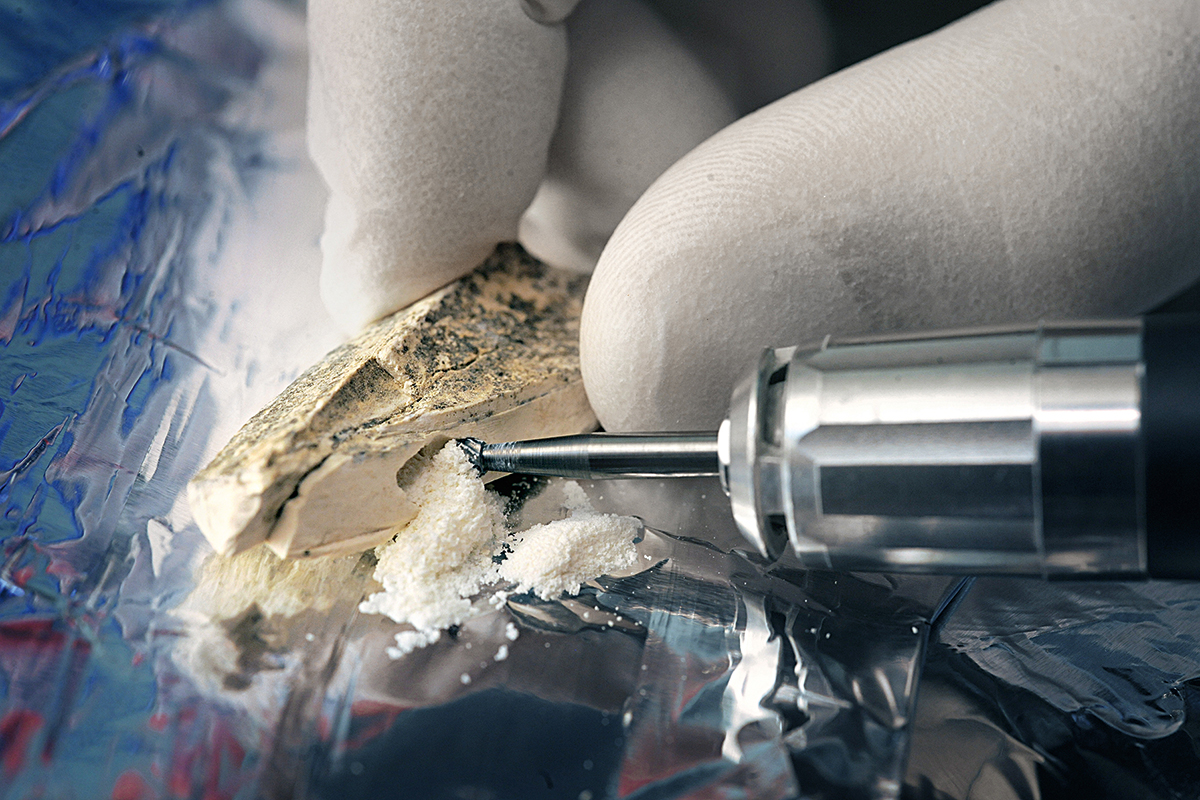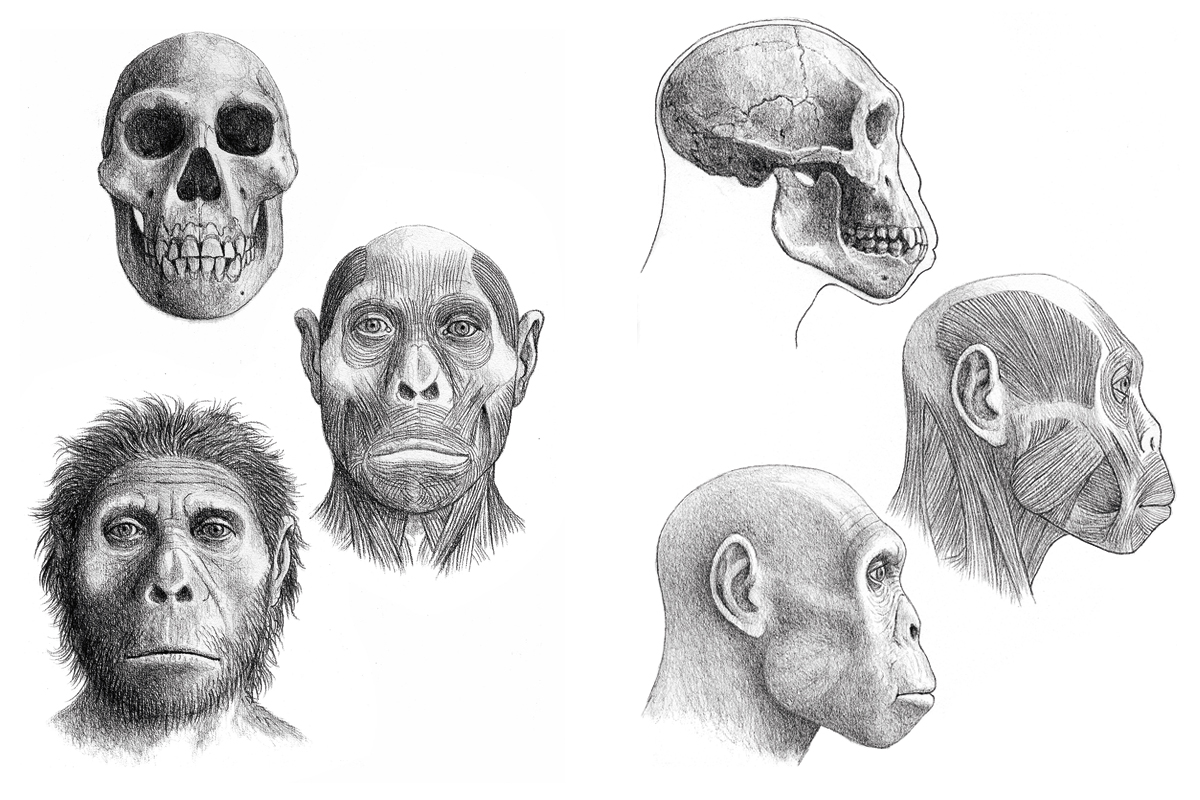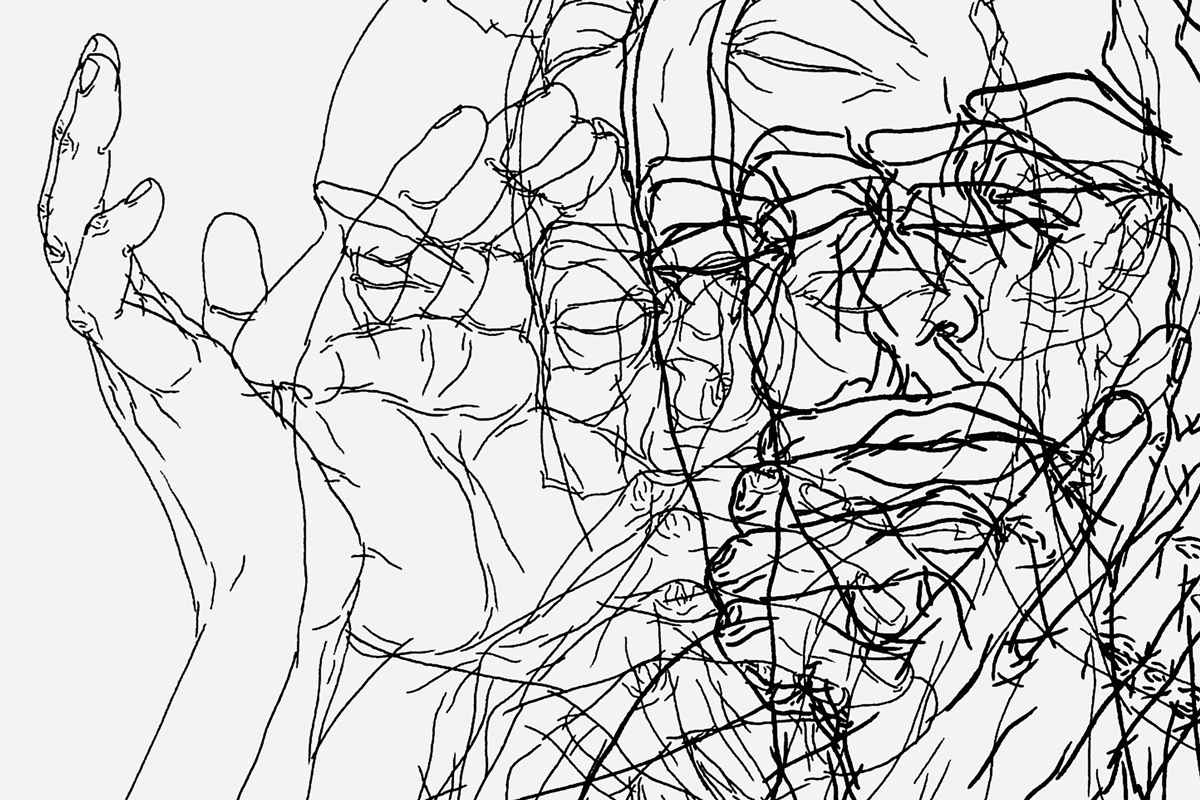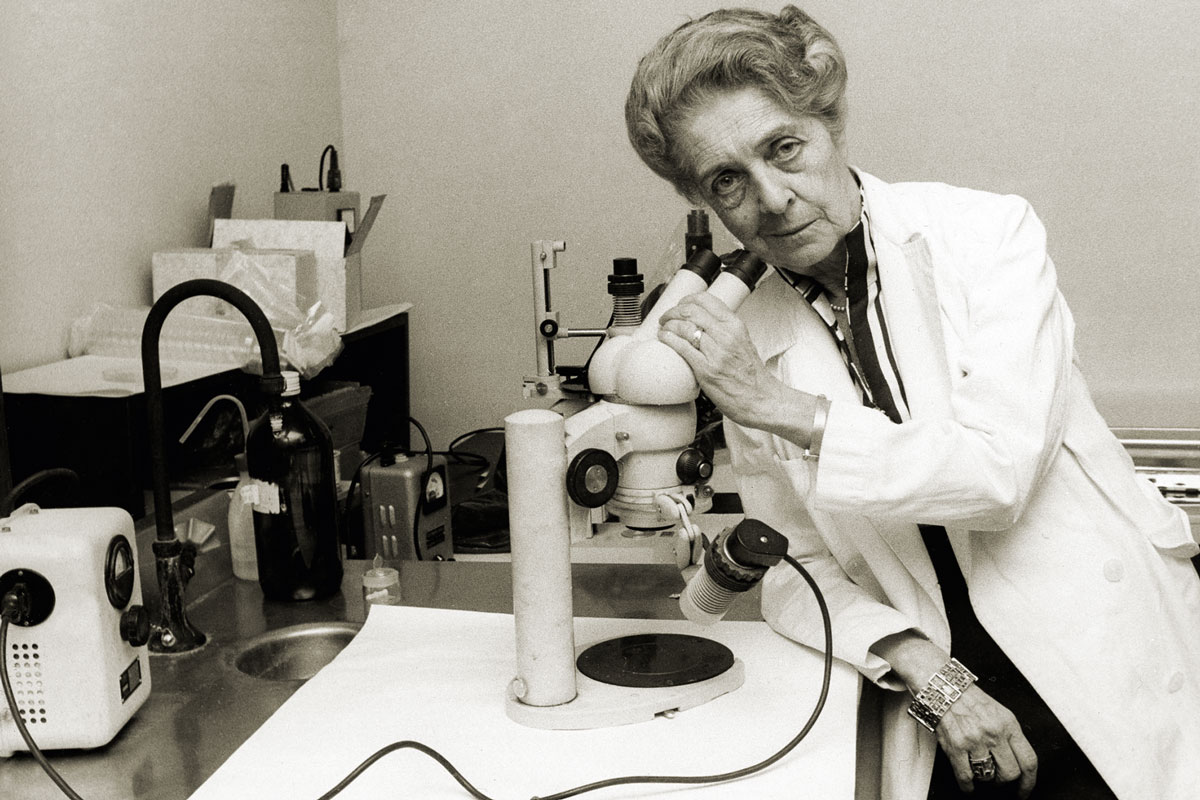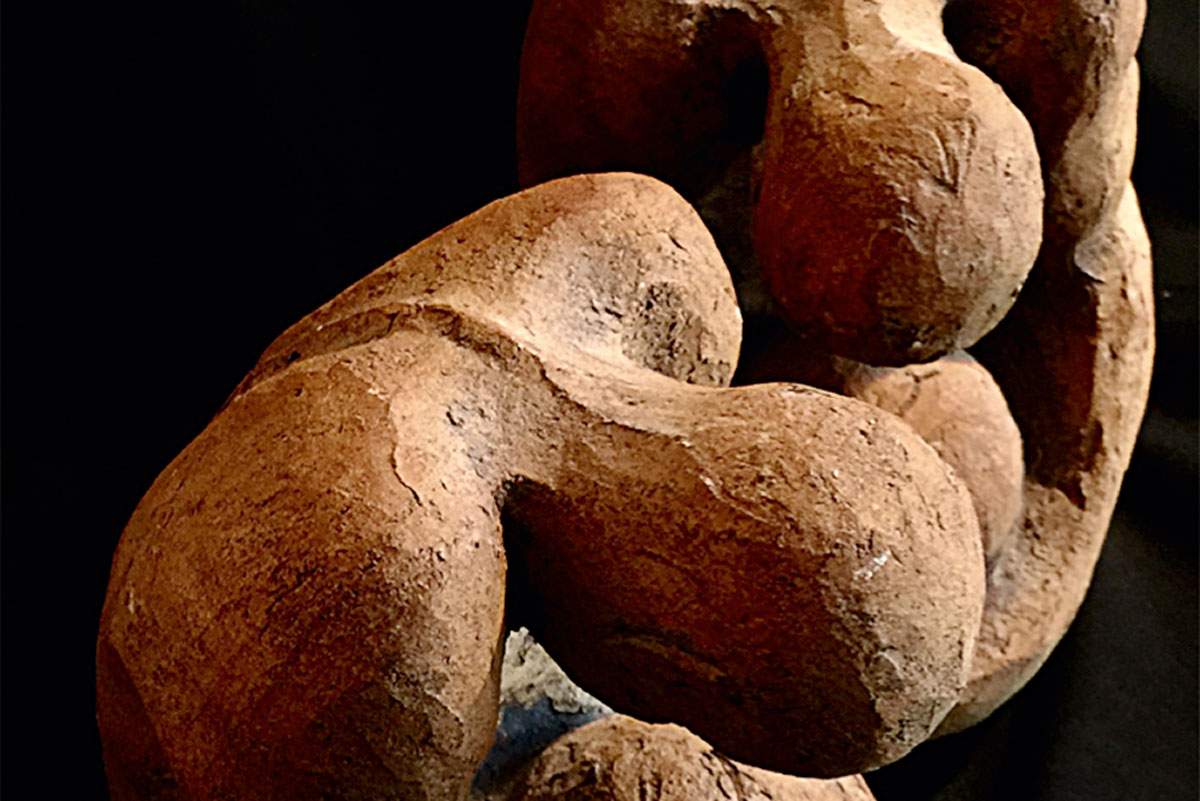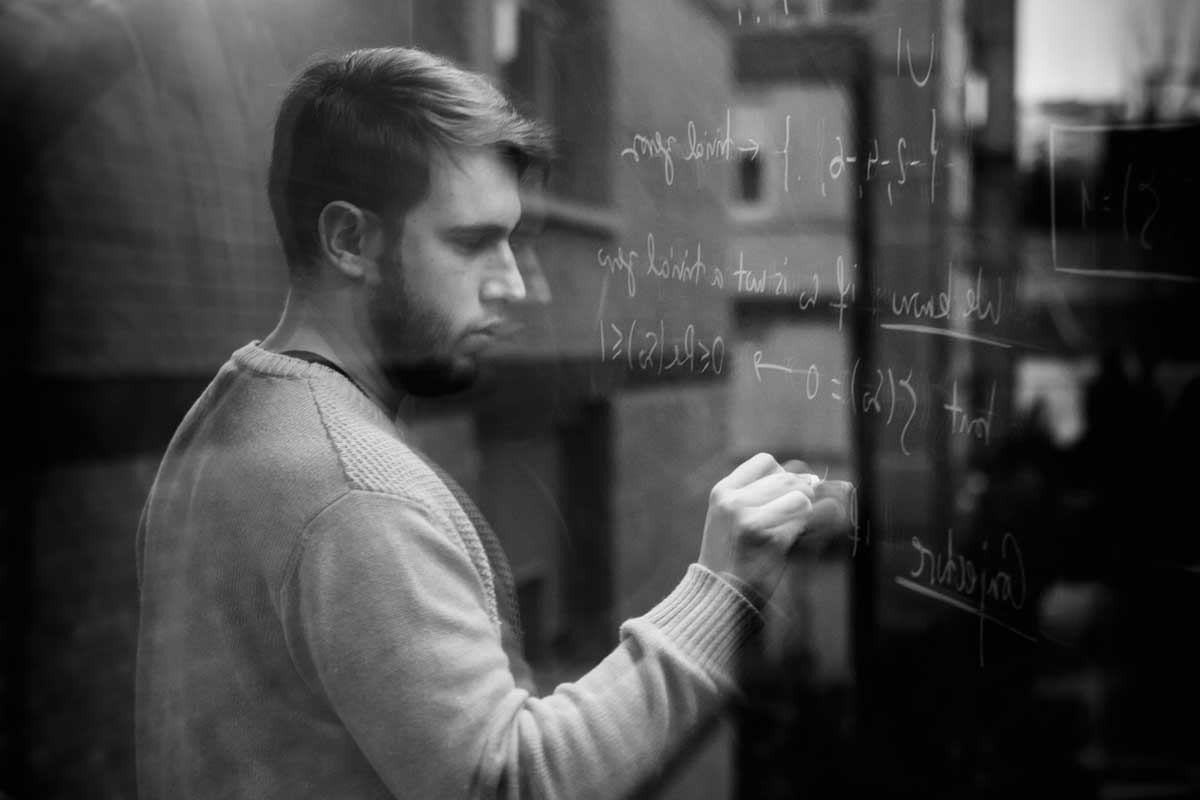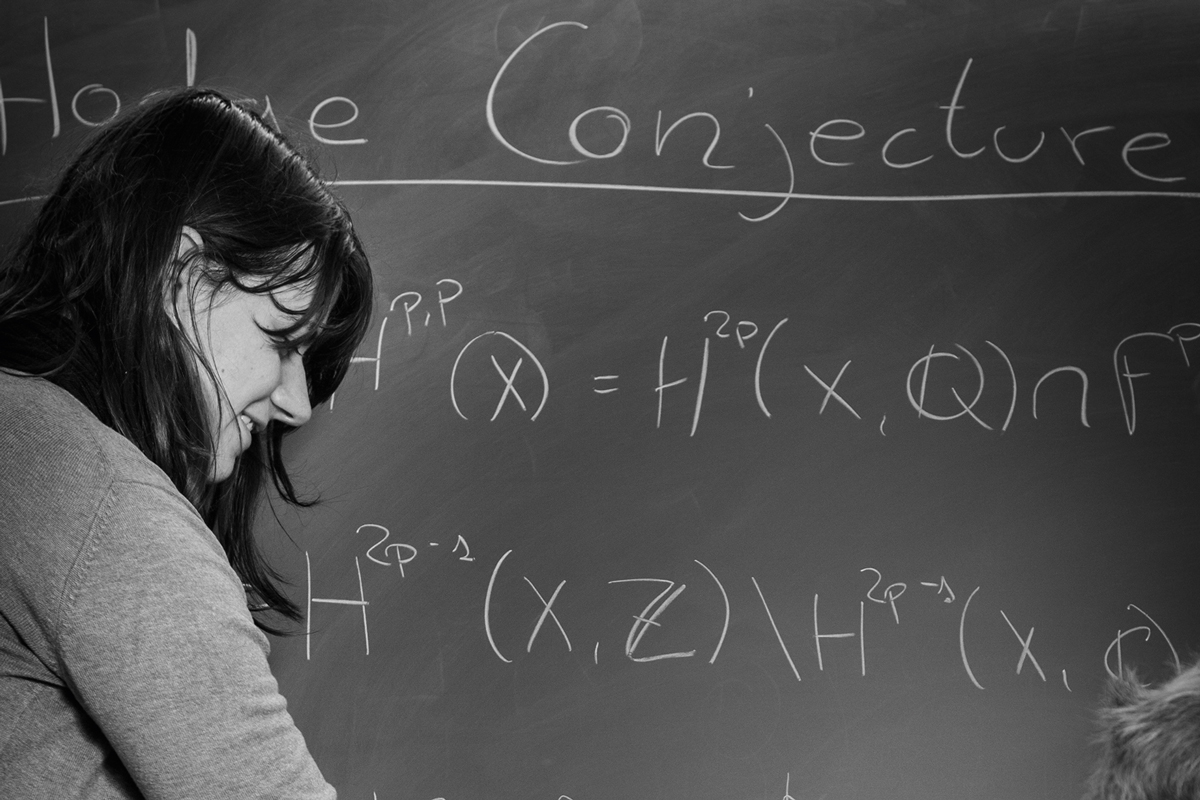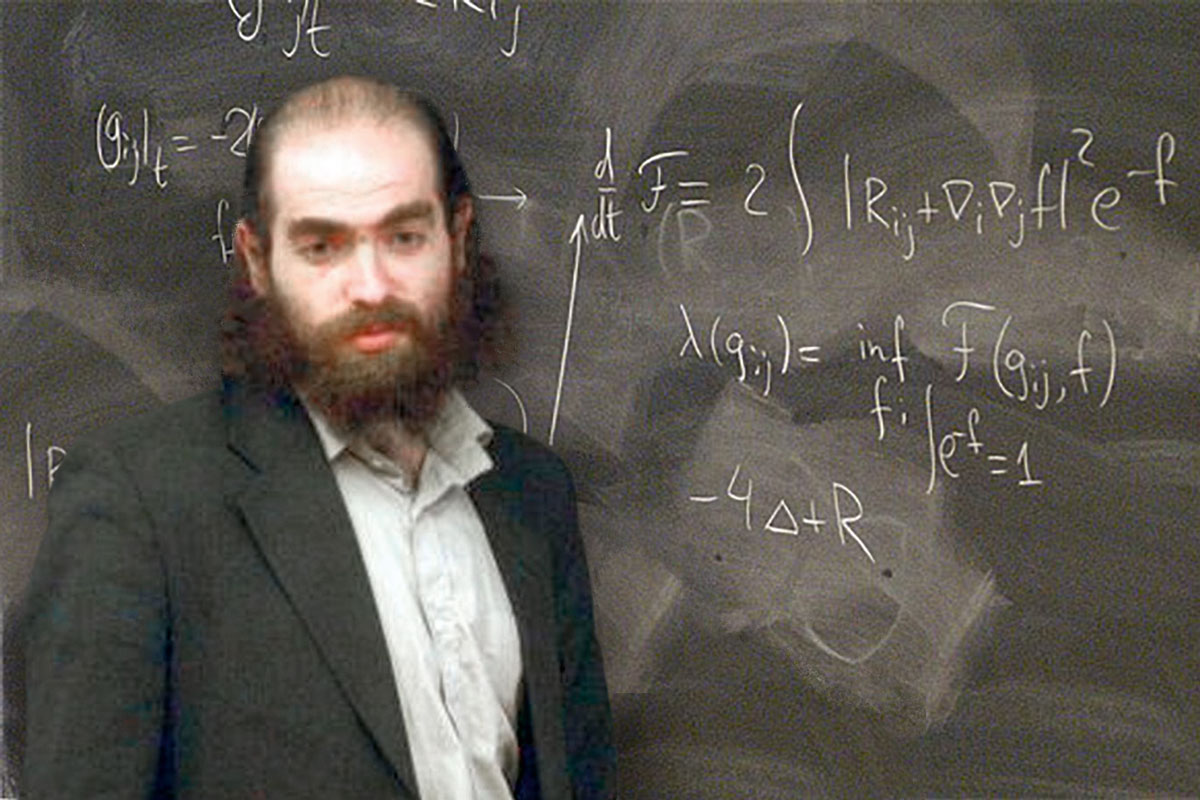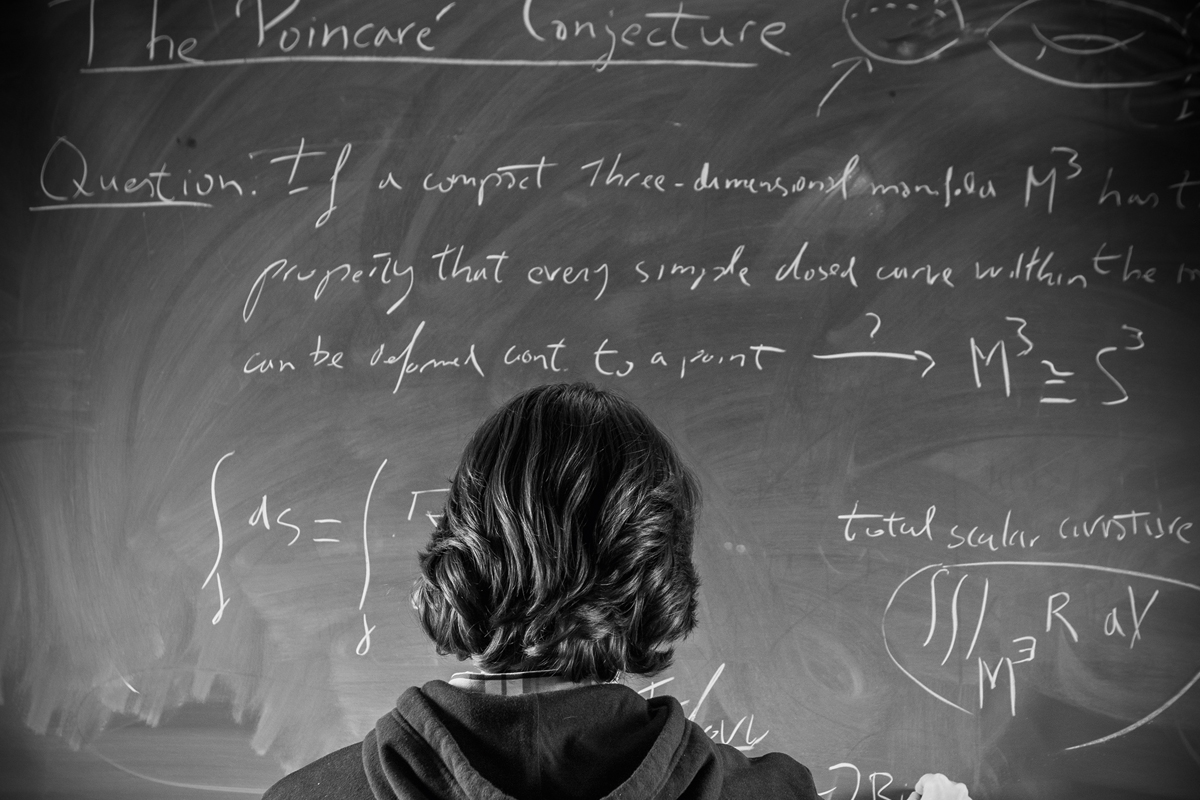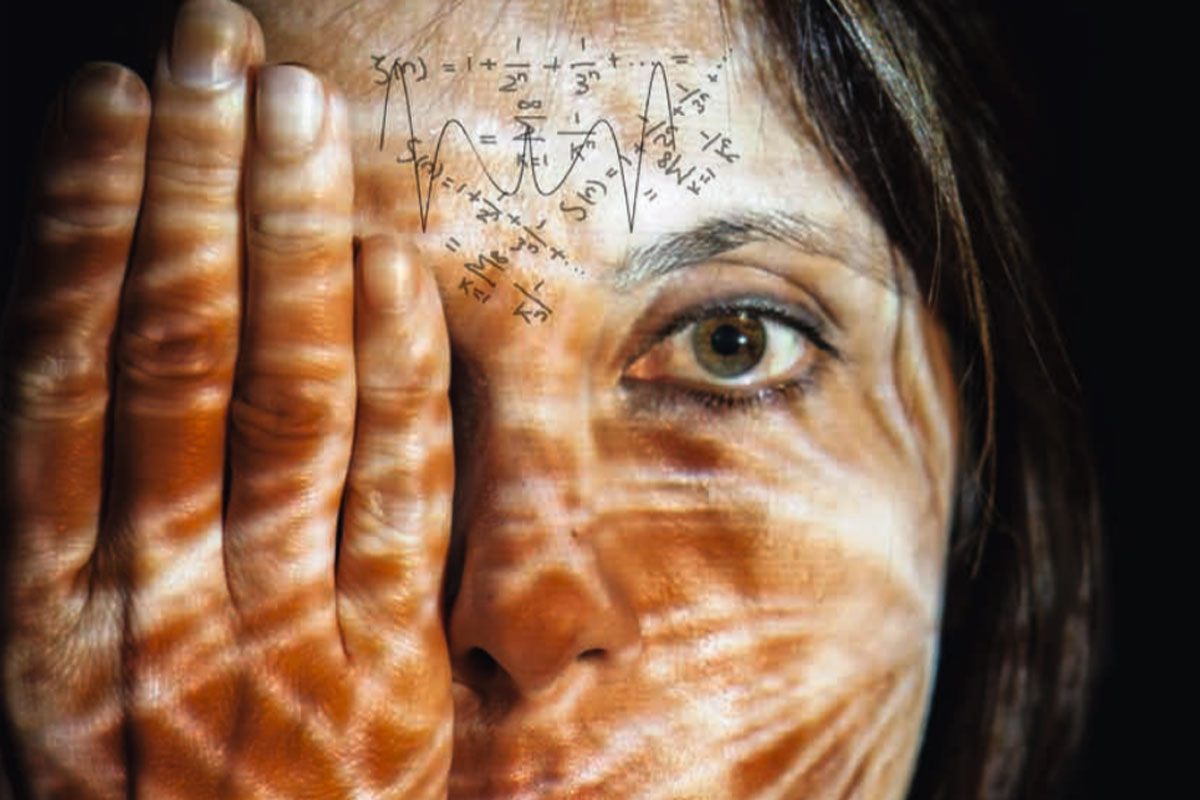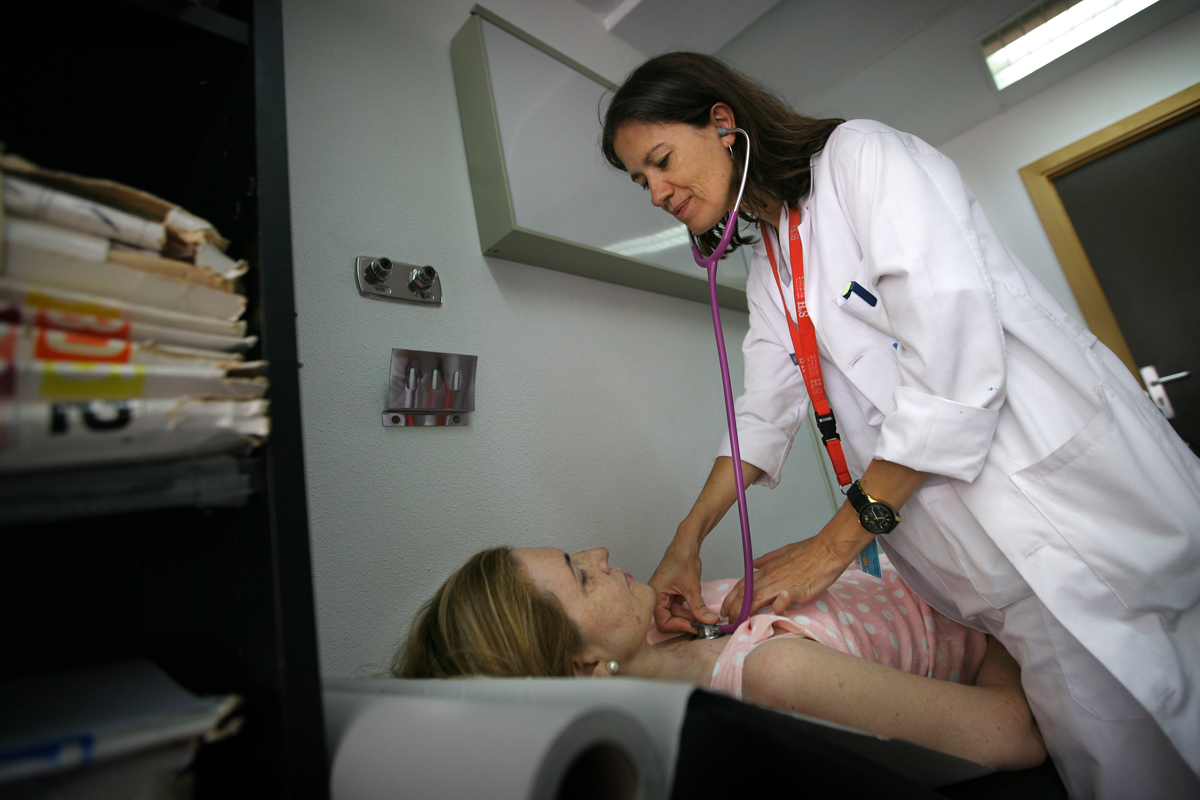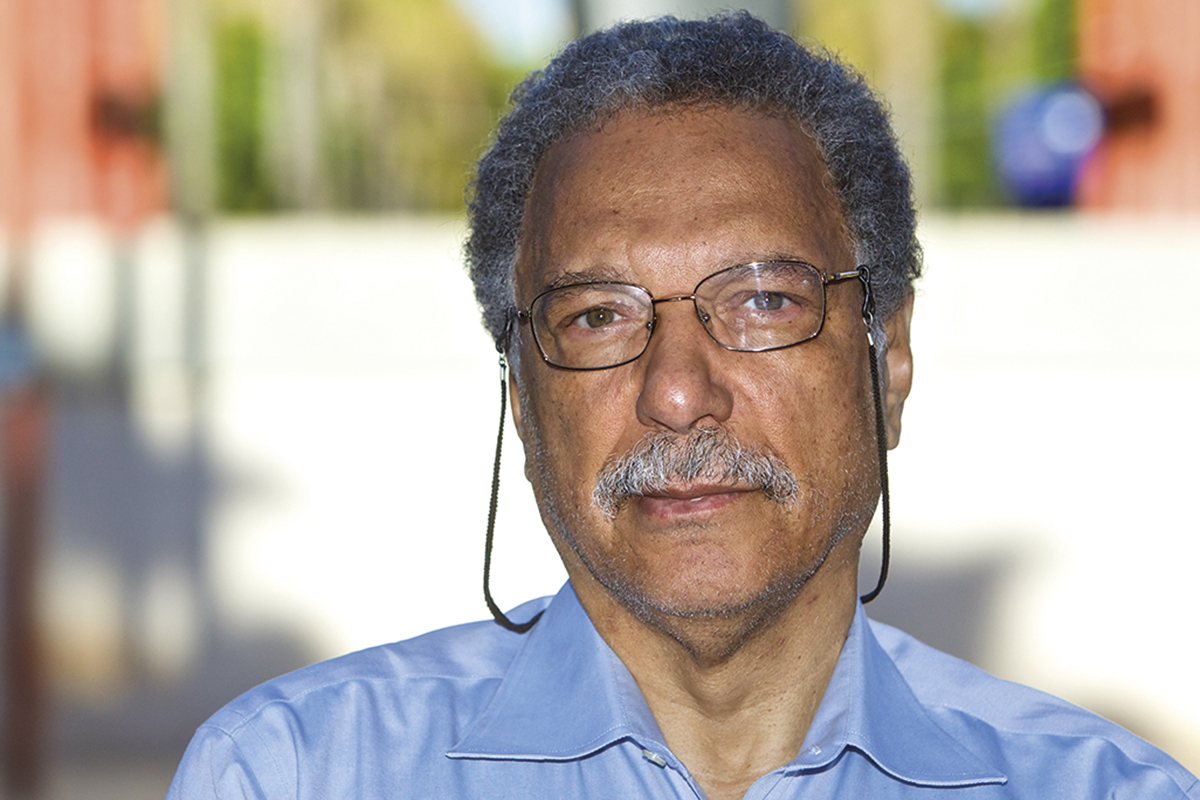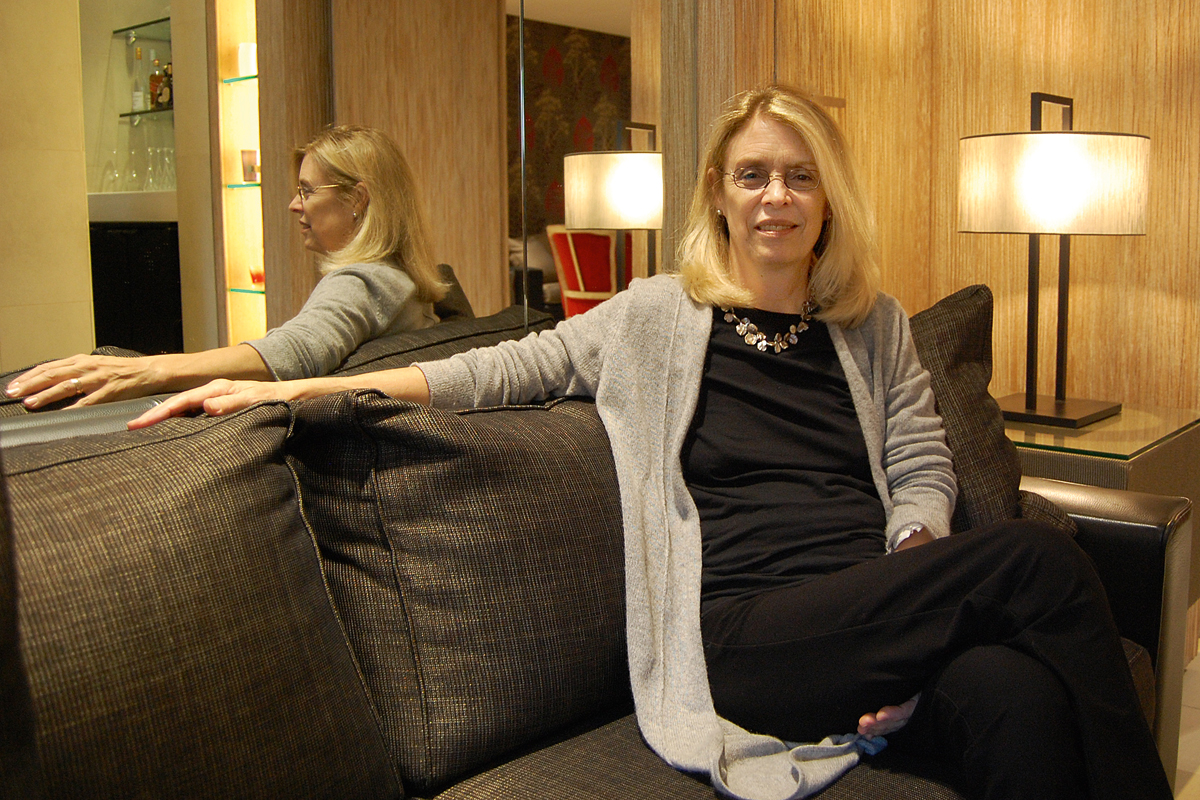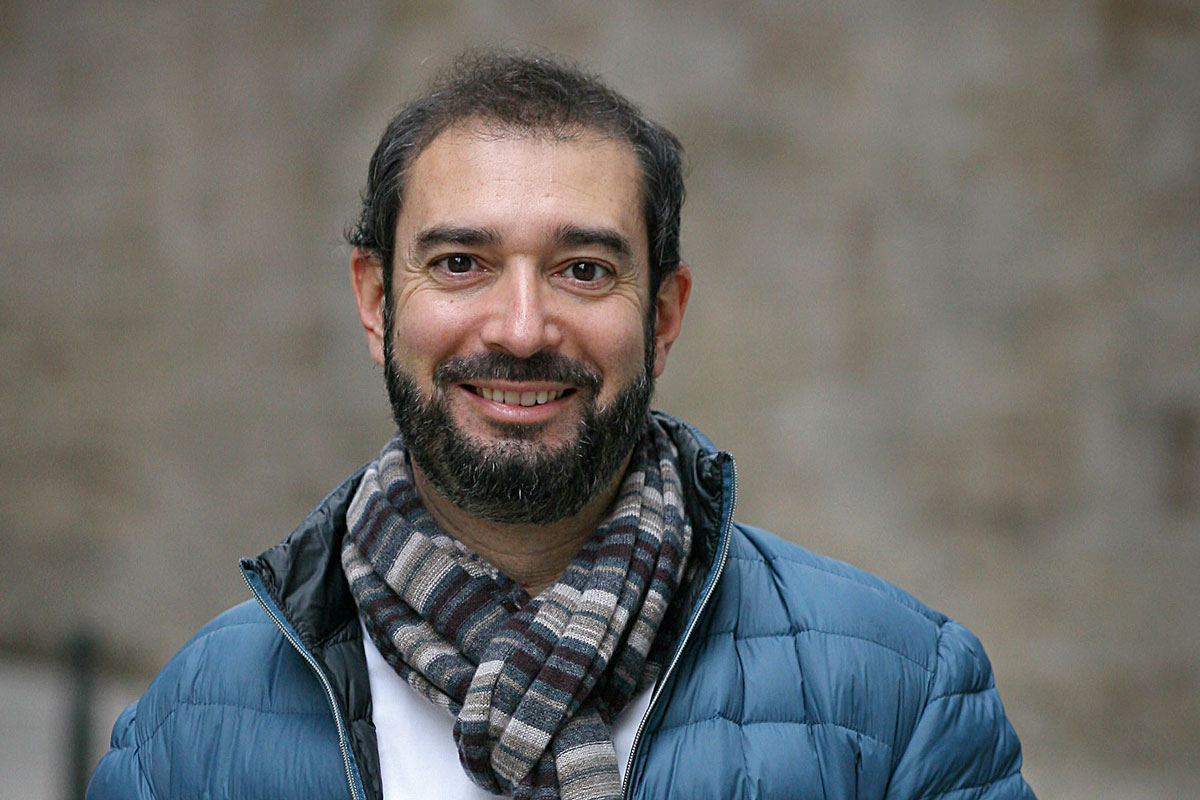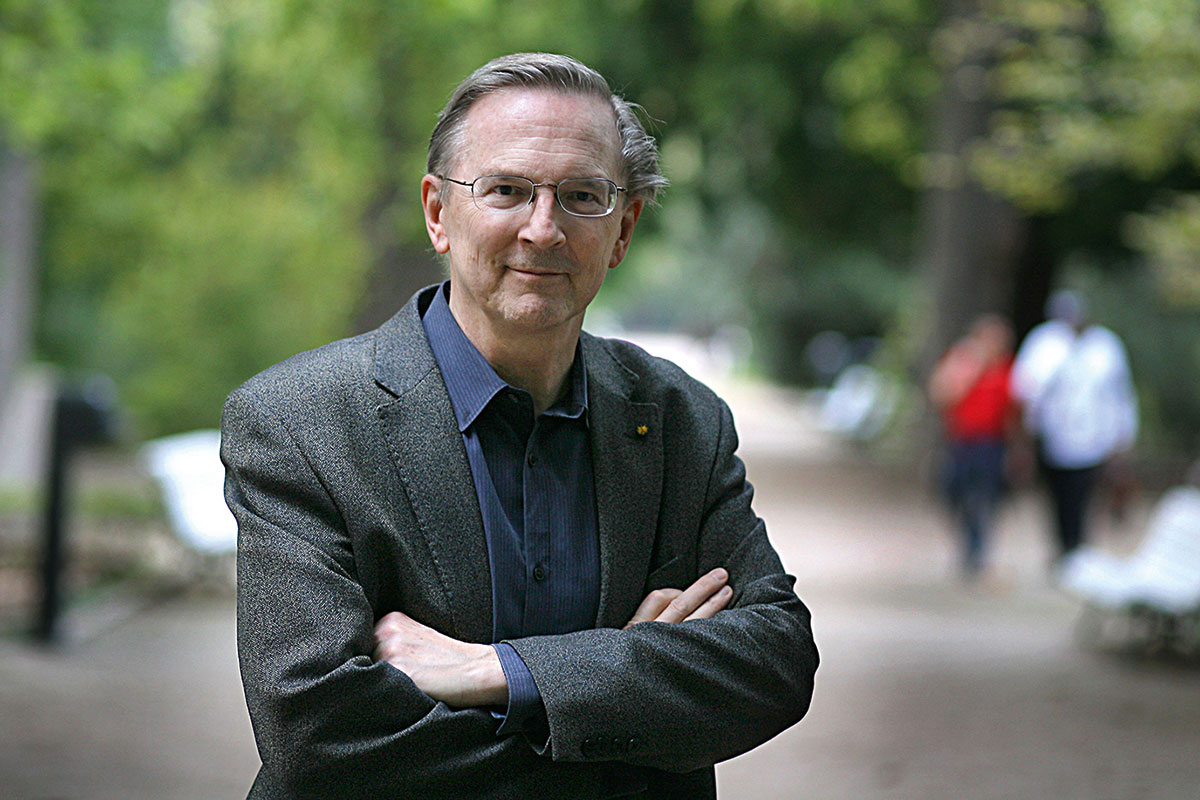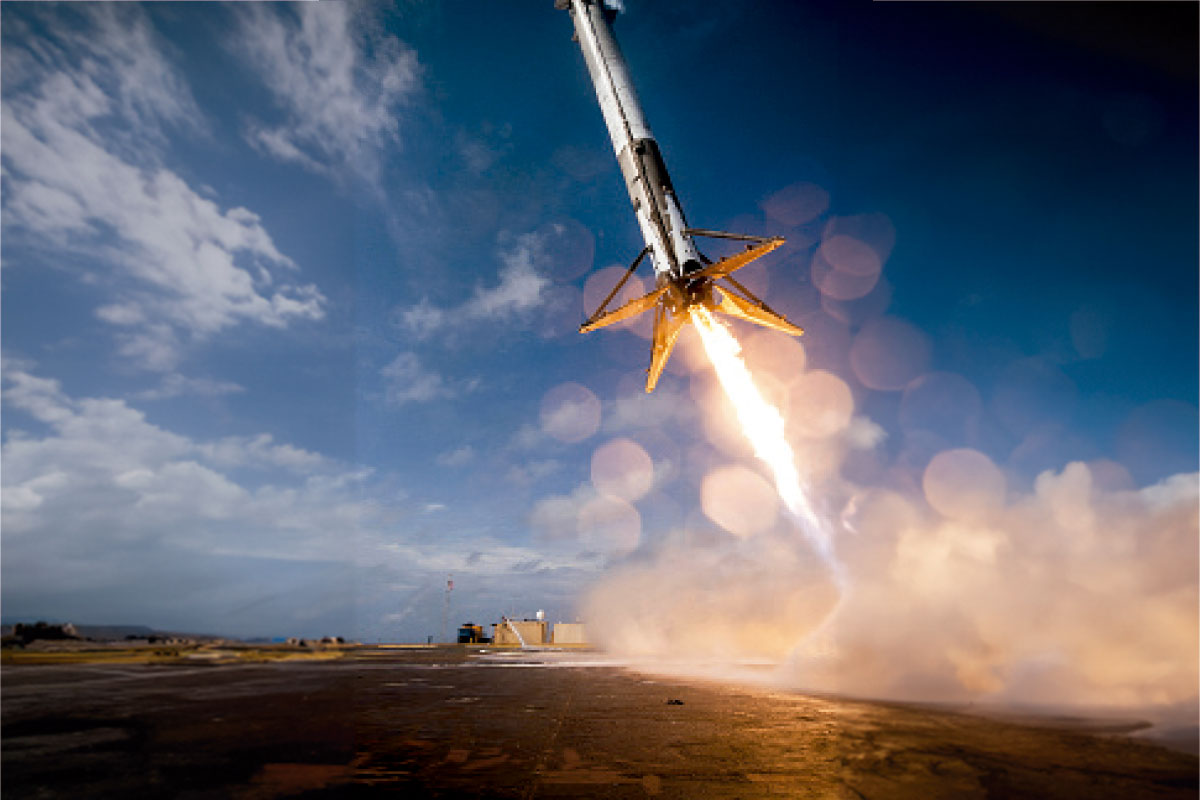Search
This article looks briefly at how our current supremely woolly concept of the genus Homo has come about, as background for urging a more rational approach to defining it.
Recent paleoanthropological evidence from the early Pleistocene site of Dmanisi in Georgia has revealed that the first hominins out of Africa were more archaic than the coeval African and Asian Homo erectus.
Consider a human collective whose members issue opinions about an event that can only be true of false. Individual reliability is p, ranging between zero and one. It is higher
The Riemann hypothesis is an unproven statement referring to the zeros of the Riemann zeta function.
The Hodge conjecture, proposed in 1950, is one of the seven millennium problems, and is framed within differential geometry and algebraic geometry.
Women remained invisible in health sciences until the late twentieth century because they were not included in the cohorts used in researched studies. Thanks to the work done by different
We meet Londa Schiebinger in Paris after her participation in the 9th European Conference on Gender Equality in Higher Education, organised by the French National Centre for Scientific Research. Since
Interview with Pere Estupinyà
Science communicator, writer and public speaker. That is how Pere Estupinyà (Tortosa, 1974) describes himself. He is also known as «the sex scientist».
[caption id="attachment_44035" align="alignleft" width="320"] First stage of the Falcon 9 rocket landing on SpaceX's floating platform. / Mètode[/caption] When NASA was founded, the USAF (United States Air Force) was deep into the development

